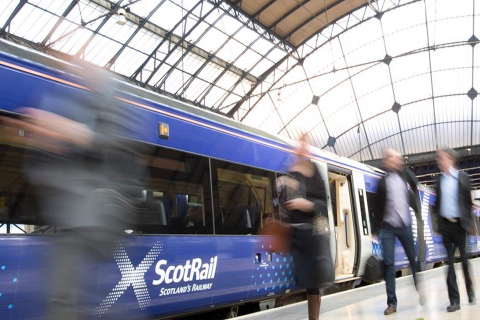AllRail: Sweden’s night train subsidy for Stockholm – Berlin is unfair competition

The alliance of independent passenger rail companies AllRail says plans by Swedish state-owned operator SJ to extend its night train Stockholm-Hamburg to Berlin will cause unfair competition, as operator Snälltåget runs night trains on that same route on a commercial basis. This while SJ is receiving PSO funding from the state, “Illegal cross-subsidy”, says AllRail, which SJ refutes.
Want to read more?
You have read all of your free premium articles for this month. Please become a subscriber to keep reading.
Subscribe now!
Take advantage of our exclusive offer to get full access to all premium content.





You can always sit and wait until you have found the perfect way to support night trains, but in most cases that means nothing happens. Sweden got this train running and I have booked a ticket for March. Snälltåget was not the competition: they start running again on March 31. The competition was KLM, SAS and Norwegian. Thanks to the subsidies I could get a reasonable price.
As for the extension to Berlin: it would have been tasteful if SJ had chosen another terminus, like Amsterdam.